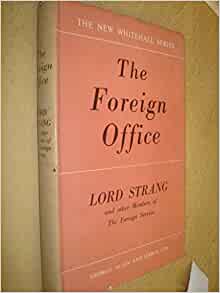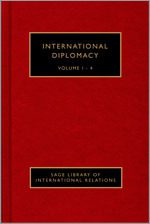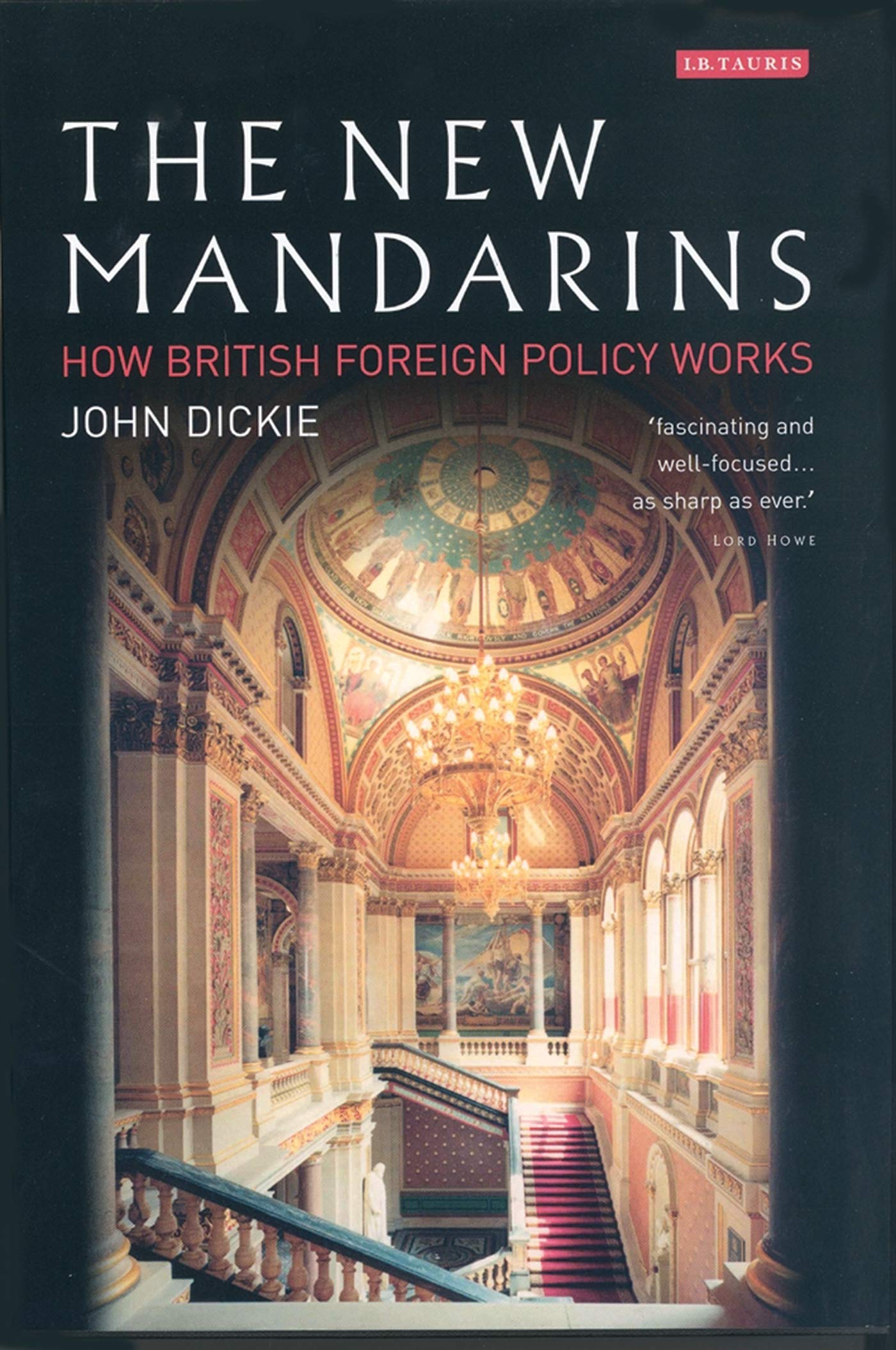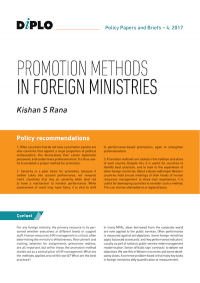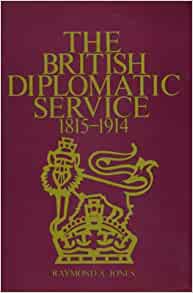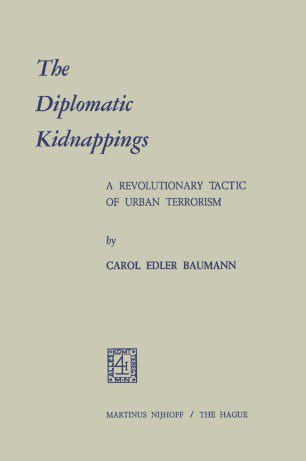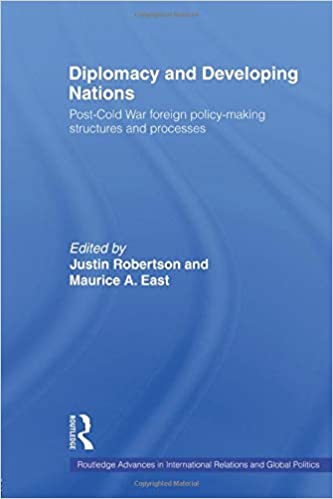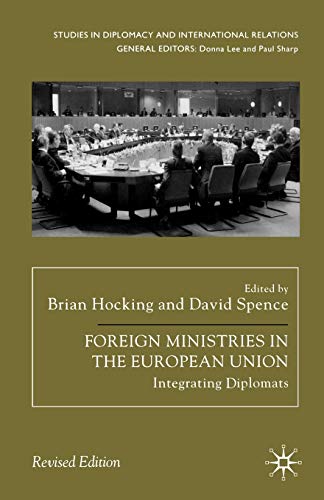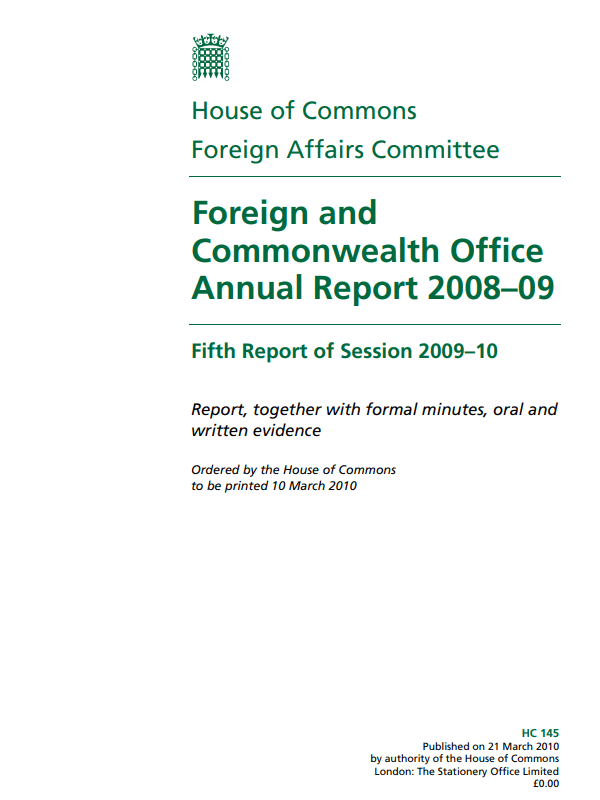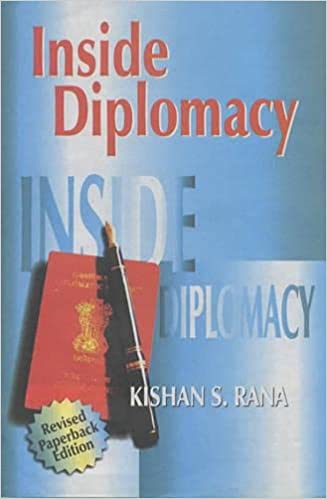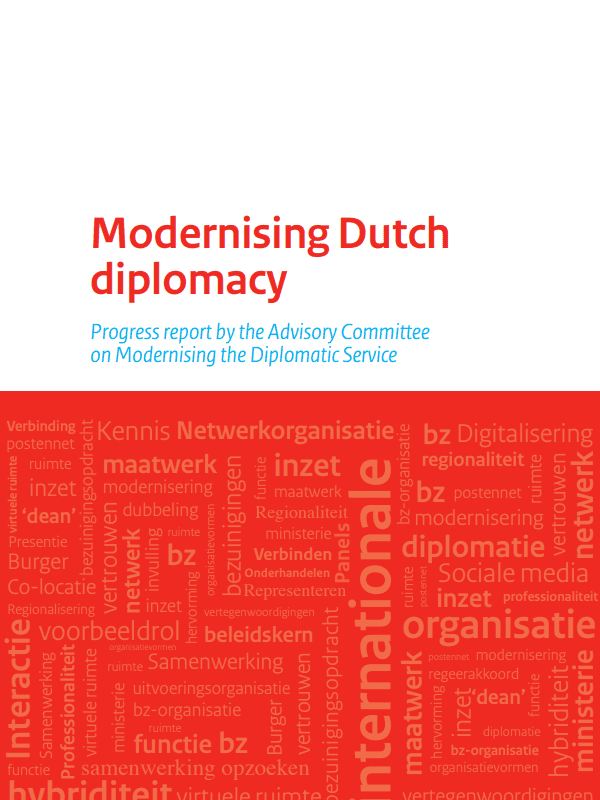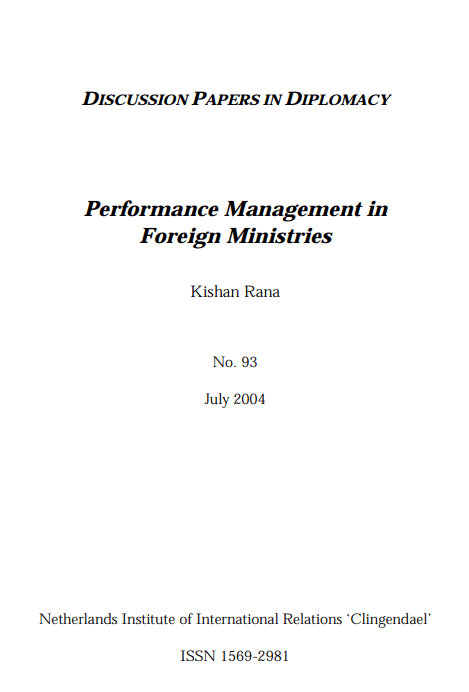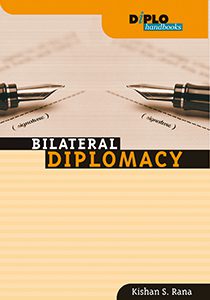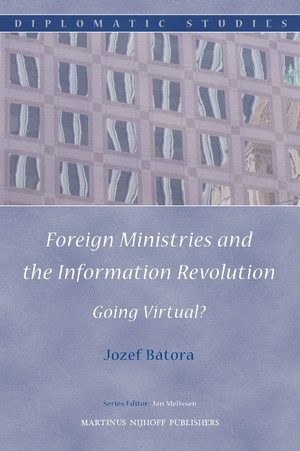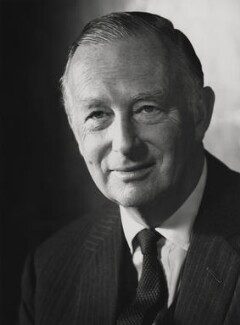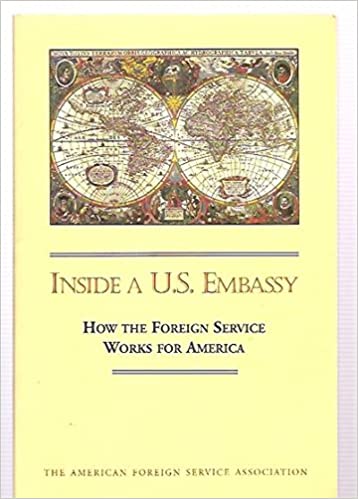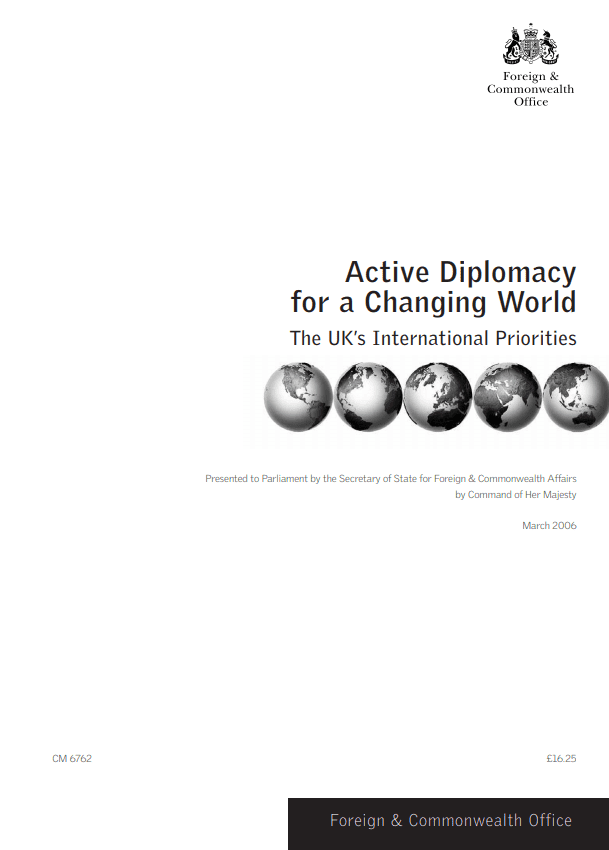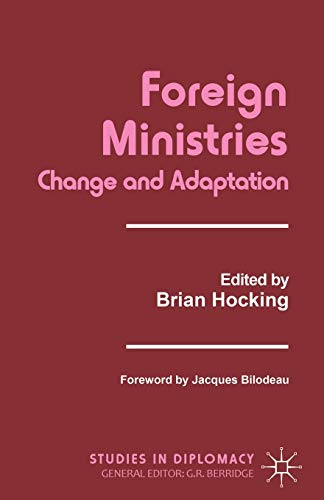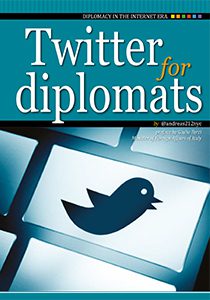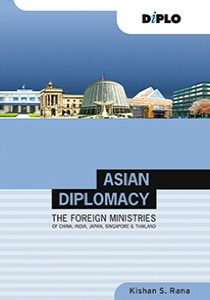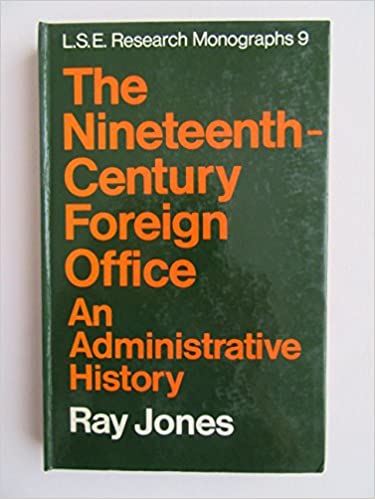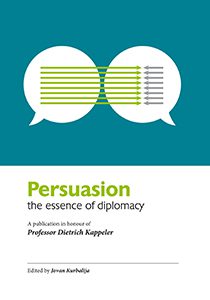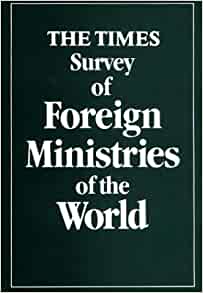Author: Dietrich Kappeler
Knowledge management and diplomatic training – new approaches for training institutions
2002
For a long time it was held that a diplomat is born as such and that it is impossible to produce a diplomat by training. This view was based on a lack of distinction between personal characteristics and qualities of the diplomat on one hand, and the knowledge and skills he needs to do his job on the other. Whereas the first are indeed part of the physical and mental makeup a person is born with, the second can be and must be taught. The days when any well-born and well-bred dilettante of great personal charm could handle diplomatic business as a result of these in-born and in-bred qualities are long past, if they ever truly existed. However there are some characteristics and qualities a diplomat should possess if he is to perform at all well in his profession, however vast his acquired knowledge and skills may be. Thus, before going into the issue of training, we should spend a few moments to consider what these qualities and characteristics are or should be.
Diplomacy is not for the sickly, the weak, the neurotic and the introverts. A robust constitution and good health are needed to stand the physical and mental strain put on diplomats in many situations. Being able to sleep well in almost any circumstances is of great help. A well-balanced personality, good self-control, a natural inquisitiveness, an interest in understanding others and their manner of thinking are also essential. This should be complemented by a friendly and outgoing nature, natural courtesy and good manners, a capacity to create empathy and develop friendships. A gift for languages is a great asset, because being able to communicate with opposite numbers in their own language is becoming increasingly important, especially in some less traditional forms of diplomacy.
WHAT MUST A DIPLOMAT KNOW?
For a long time diplomats studied history, languages and law, and this was seen as sufficient. Even today, lawyers are over-represented in foreign ministries. A quick look at the subject-matters of present-day international relations should suffice to impress on anyone the importance of multi-disciplinary academic knowledge. To that extent the generalist-specialist controversy does not exist at all. All diplomats must have basic familiarity with history, law, economics and political science. And it is therefore not surprising that curricula of all respected training institutions includes these subjects.
But diplomats must also be able to acquire specialist knowledge in nearly any subject when needed. This may be in order to assume a certain position within the diplomatic establishment or in order to handle a temporary task like a specific mission or negotiation. It is therefore important when providing them with their initial training, or when completing such training undergone prior to the admission to the career, to promote the capacity for assimilating unfamiliar subjects at short notice. A diplomat who has this ability can look forward to a variegated career, whereas one who finds it difficult to assimilate new knowledge is likely to spend his life dealing with matters well within his range of competence, thus becoming some sort of specialist not to be considered for assignments handling other matters.
HOW SHOULD A DIPLOMAT BE TRAINED?
In many countries with an old diplomatic tradition, candidates for the diplomatic service are expected to come with a sufficient baggage of basic academic knowledge to make initial training in such fields unnecessary. They undergo tests and examinations to make sure that they possess such knowledge. Training after recruitment is restricted mainly to teaching professional skills and to adding to basic academic knowledge specialised subjects of particular importance for diplomatic activities. Language training often occupies a predominant place in such systems. Other countries prefer to recruit candidates to whom basic academic disciplines for diplomacy are taught during a training stage. This kind of basic training is also provided by regional institutions such as the Mediterranean Academy of Diplomatic Studies, as many countries cannot afford to provide basic training to the few diplomats they recruit every year or only from time to time.
For many years now the need for continuous training of diplomats has been recognised, but little headway has so far been made for its satisfaction. This is quite understandable as diplomats once recruited are supposed to spend their time working and not learning. Current budgetary constraints make it even more difficult to release a diplomat for any kind of continuous training. On the other hand, the rapidly changing content of diplomatic interaction and of methods used make in-career training an inescapable necessity. Fortunately, as we shall see, new training approaches and facilities make it easier to respond to this necessity without disrupting a diplomat’s activity to an undue extent.
THE EVOLUTION OF TRAINING APPROACHES AND METHODS
Institutions training candidates for diplomacy or offering training for beginning diplomats were mostly offspring of universities or strongly influenced by academic teaching methods. When foreign ministries started to set up in-house training establishments, these again mostly relied on university lecturers for the teaching of academic subjects. Thus ex-cathedra lecturing was the dominant approach, sometimes complemented by seminars. Where practising diplomats were used to convey their experience to newly recruited colleagues, the lecture method was invariably used.
Only in the 1960s were simulations of imagined or real diplomatic situations introduced to a meaningful extent. Diplomat trainees were made to simulate pleadings before arbitral or judicial tribunals, negotiations or even complex international crises. A pioneer in these fields were the Stabex exercises conducted at the Graduate Institute of International Studies for the trainees of the Carnegie diplomatic training courses. In conformity with the reluctance in those days to upset any existing country or government, most exercises were between invented Ruritanias, any resemblance to actual countries being “entirely coincidental.” These days simulations use much more concrete approaches. Participants are made to simulate a crisis or negotiations which already took place (with the intent to show that the historical outcome was not the only possible one), or they simulate oncoming negotiations or even simulate alongside an ongoing negotiation. Such exercises allow diplomat trainees to immerse themselves in the reality of past or ongoing events rather than to amuse themselves with imagined “games.” For their conduct, the expertise of seasoned negotiators is needed, who are in the thick of ongoing activities. They are of course not always easy to get hold of and all of them do not have the ability to convey their expertise to participants.
As in other fields, information technology has introduced new possibilities and methods for the training of diplomats. Computer-assisted and computer-based training allows trainees to participate in their own formation. By breaking down subjects into relatively small teaching modules it has become possible to move from basics into any degree of detail. As a result, basic and continuous training become interlinked. A diplomat who has to assimilate specialised knowledge in a given field can start with going back to what he already knows or, if he is totally unfamiliar with the subject area, acquaint himself with the basics. Then he proceeds gradually in the direction of what he really needs and thus finds it relatively easy to achieve a considerable degree of mastery.
Information technology also allows training to become delocalised. Trainers and trainees can interact in cyberspace without having to be physically present in the same place. This enormously facilitates continuous training, as a diplomat can do a lot of learning by himself, on his computer, at the time and for the duration of his convenience. Interaction in real time then starts from this base and becomes much more intensive and lively. As indicated, a special branch of continuous learning is the preparation for a given mission or event. In the case of multilateral negotiations, chosen negotiators can do their basic learning together and even simulate their interaction before the real event. This should reduce the duration of actual meetings, a constant preoccupation of cash-strapped international institutions.
CONSEQUENCES FOR TRAINING INSTITUTIONS
Should such institutions abandon their present methods of teaching, send home their students and proceed to teach them over the Internet? This would certainly be an unwelcome and extreme approach. Every teacher and most students know how important physical interaction is. Spending together not only classroom hours but also working together, studying together and discussing matters not immediately related to the teaching programmes are essential elements of learning. Moreover, the fundamental task of the diplomat is interpersonal contact and interaction. All this can to some extent be at least simulated in cyberspace, but sometimes the real thing is needed, especially in more recent forms of diplomatic interaction, where the diplomat must meet people who are not diplomats, distrust diplomats, want to be physically present with their guns and do not believe in cyber-interaction.
The approach chosen by the Mediterranean Academy of Diplomatic Studies for its distance learning programmes should therefore be highly commended. Trainees and trainers spend an initial period together in Malta or some other location before repairing to their workplaces and resuming interaction from there. Preliminary trial runs have shown that in ten days of intense cohabitation and interaction participants of a programme become a family whose members henceforth feel at ease with each other also in cyberspace.
As we are at the outset of what may well be termed a revolution in teaching approaches and methods, individual training institutions should feel free to find their own approach, for which cultural characteristics of those involved may also play an important role. It will be interesting to meet again some years hence in Malta—and not in cyberspace—to compare notes on experience acquired.


